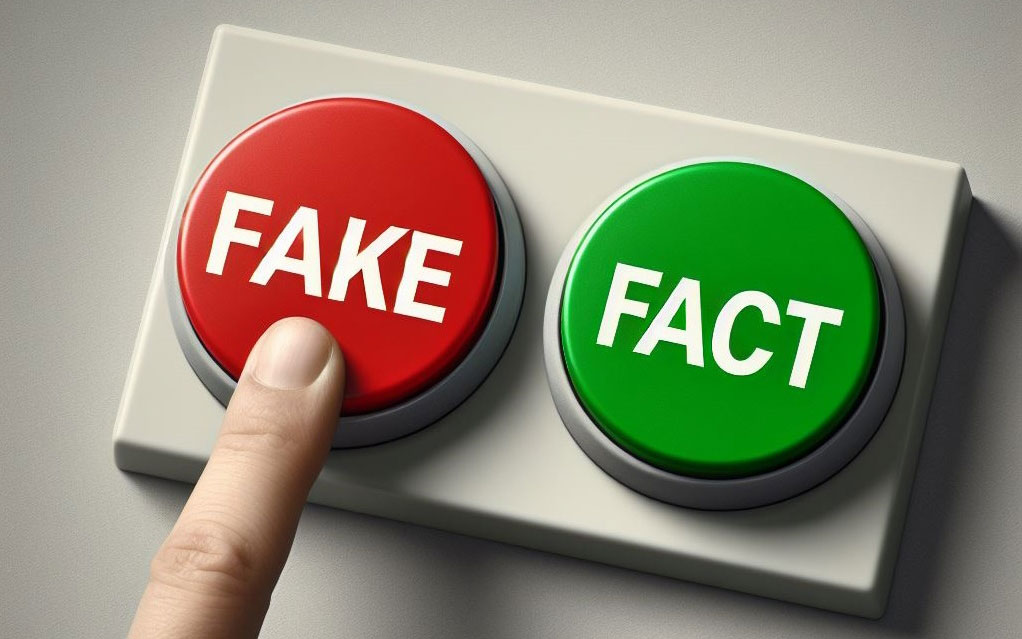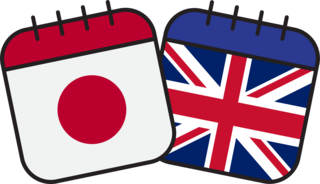
Establishing Facts
- 24 April 2024
- 12:30pm – 1:45pm
- Online
- https://dajf.org.uk/event/establishing-facts
- +44 (0)20 7486 4348
- events@dajf.org.uk
- Tweet
We are now living in a “Post-Truth Era”. People can no longer trust information on a variety of media, especially social media, which spread a tide of disinformation. With the advent of generative AI, it is becoming even more difficult to tell what is true and what is false.
Bellingcat, a fact-checking organisation using open-source investigation founded by Eliot Higgins, is a pioneer in its field. They are often described as “armchair investigators”. Bellingcat is notable for its transparency, as their investigative reports describe how they found their information and which techniques they used. They uncovered evidence that led back to a Russian military brigade in the case of the shooting down of a Malaysian Airline over Ukraine in 2014, just by using open-source information such as Google Maps (learn more).
The flood of disinformation on social media has become a serious problem all over the world. President Trump was banned from using Twitter (now X) for spreading misinformation from his official presidential account. Twitter was criticised for impairing his freedom of speech, but people are highly susceptible to fake information, and it can lead to tragedies like the 2021 attack on the United States Capitol. A group called J-Anon, influenced by QAnon, spread conspiracy theories relating to the US Presidential election via social media in Japan. Fake information about Covid and vaccination was also seen all over the world. The Japanese Ministry of Internal Affairs and Communications, together with the Safer Internet Association, established the Japan Fact Check Centre in 2022 to tackle disinformation issues, funded by Yahoo and Google.
Why is fact finding important? Democracy depends on an informed citizenry. If we cannot agree on the basic facts, societies face a risk of collapse. Establishing the facts is therefore important.
About the contributors
Eliot Ward Higgins
Eliot Ward Higgins is a British citizen journalist and former blogger, known for using open sources and social media for investigations. He is the founder of Bellingcat, an investigative journalism website that specialises in fact-checking and open-source intelligence. From 2016-2019, Higgins was a Senior Fellow in the Atlantic Council’s Digital Forensic Research Lab and Future Europe Initiative projects. In 2018 he was a Visiting Research Associate at the Centre for Science and Security Studies (CSSS) at the Department of War Studies, King’s College London, and a Visiting Research Fellow at University of California Berkeley’s Human Rights Center. In October that year, he was the subject of BBC Radio Four’s programme Profile. Higgins’ 2021 book We Are Bellingcat: An Intelligence Agency for the People documents the rise of citizen investigative journalism and Bellingcat, and was The Times’s and The Week’s book of the week in February 2021.
Prof. Maiko Ichihara
Maiko Ichihara is a Professor in the Graduate School of Law and the School of International and Public Policy, and Assistant Vice President for International Affairs at Hitotsubashi University, Japan. She also serves on the steering committees of the World Movement for Democracy, the East Asia Democracy Forum, and Japan Factcheck Center. Throughout her career, she has undertaken research on international relations, democracy support, Japanese foreign policy, and influence operations. She earned her Ph.D. in political science from George Washington University. Her recent publications include: How to Tackle Disinformation in Japan: Lessons from the Russia-Ukraine war in Jessica Brandt, et al., Impact of Disinformation on Democracy in Asia (Brookings Institution, 2022); Japanese Democracy After Shinzo Abe, Journal of Democracy 32-1 (2021); and Japan’s International Democracy Assistance as Soft Power: Neoclassical Realist Analysis (New York and London: Routledge, 2017).
Jack Goodman (moderator)
Jack Goodman is a Senior Journalist at BBC World Service. He has worked on several BBC fact-checking projects during international elections, including the UK, US and India. His reporting on the effects of misinformation around the world has appeared online and on BBC TV and radio outlets. Jack and a colleague’s investigation into a Covid ‘miracle’ drug was awarded the inaugural Royal Society of Medicine prize for exposing fake news in health or medicine. In the last year he has produced a film about social media and the preservation of digital evidence from conflicts, and presented a radio documentary about an audio deepfake scandal.
